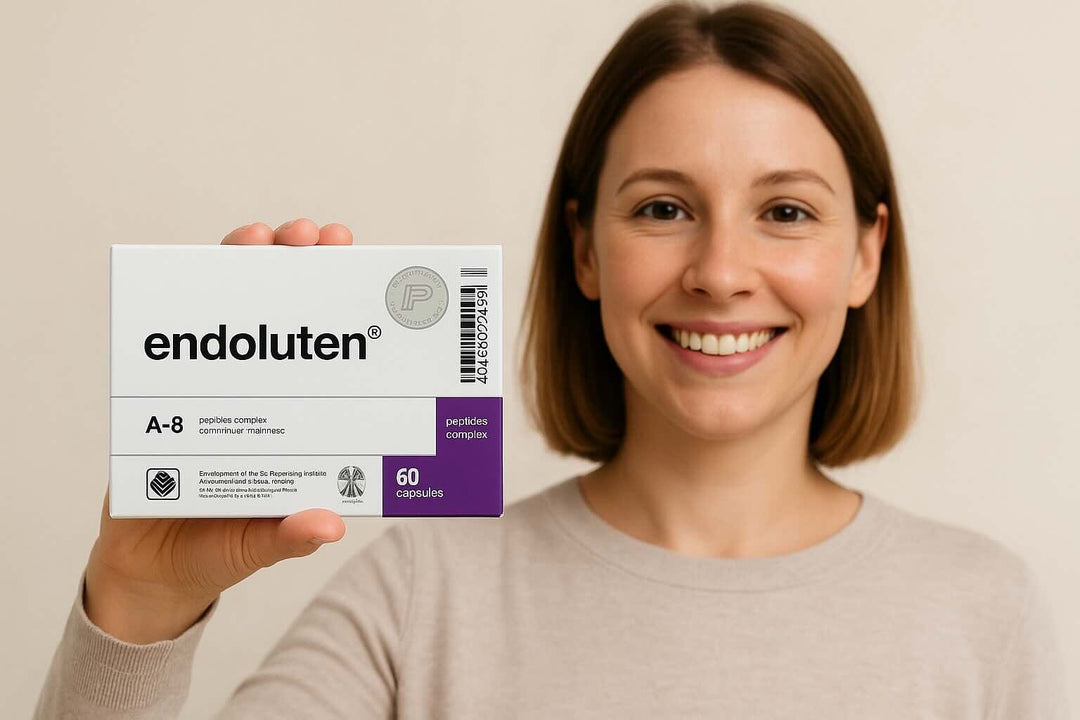What Are the Health Benefits of Palmitoylethanolamide?
Palmitoylethanolamide (PEA) is a substance found naturally occurring in the body and it is crucial in treating chronic and neuropathic pain. PEA was discovered back in 1957 by scientists who were trying to extract it from soybean lecithin. It is produced in the body as a fatty acid amide, meaning it’s a combination made up of a fatty acid and an amine. Fatty acid amides are found in many parts of the body and play a role in the process of biochemical signaling.
PEA can also be found in foods that we take including eggs, peanuts, and milk. Also, because it can be produced in the body (endogenous), PEA may be found in different parts including the spinal cord and brain. There have been interesting findings that the pain hypersensitivity, which occurs when there is constriction of the sciatic nerve has been linked to reduced levels of endogenous PEA in the brain and the spinal cord; these are areas that are directly or indirectly implicated in the nociception process. Nociception is the response by the sensory nervous system to some harmful stimuli.
The health benefits of PEA are numerous. Studies involving palmitoylethanolamide have shown that this substance binds to peroxisome proliferator-activated receptor found in the cell nucleus. The peroxisome proliferator-activated receptor helps regulate the gene networks that are associated with the control of pain and inflammation in the body. Palmitoylethanolamide is likened with cannabinoid-like receptors such as GPR55 and GPR119, but it does not show an affinity for cannabinoid receptors like CB1 and CB2. Therefore, palmitoylethanolamide fails to have the psychoactivity that is seen with the classic cannabinoids (CB1 and CB2).
PEA tends to prevent the release of mast cell mediators like TNF-alpha and histamine. It also down-regulates mask cell expression, something that makes it an interesting compound, especially for people who have mast cell disorders.
Palmitoylethanolamide Health Benefits
PEA has shown to offer many health benefits particularly as a pain suppressant and anti-inflammatory. Here are some of the health benefits associated with palmitoylethanolamide:
Reducing Pain and Inflammation
In individuals, PEA helps reduce pain intensity. Patients who take PEA supplements may have reduced pain intensity when compared to those who don’t take the supplement. Patients who have back pain may also get it reduced by taking PEA supplement. Studies have shown that PEA helps improve pelvic pain. In one study conducted on women, taking PEA in a period of 6 months helped improve not only pain but also sexual function symptoms. It has also shown the ability to treat pain caused by chemotherapy.
Studies on palmitoylethanolamide’s ability to help treat pain have also been done on animals. In animals, an equivalent of PEA known as adelmidrol has been able to reduce both chronic and acute inflammation. Studies on mice have indicated that those mice treated with adelmidrol were able to have less lung damage and inflammation than those treated with no PEA. In mice studies, PEA has also shown to have anti-inflammatory effects in collagen-induced and spinal cord-induced inflammations.
Helps in Brain Protection
PEA has shown promising results when given to patients with stroke. In the recovery outcomes of the patients having a stroke, PEA was able to improve brain status and cognitive skills when compared to those patients who did not receive the supplement. Also, PEA helped improve social behavior and cognitive skills in autistic children.
Studies conducted on mice have revealed interesting results. In mice, palmitoylethanolamide helped in preserving brain cells and reducing the expression of pro-inflammatory enzymes. It thus can help reduce brain cell death and brain inflammation as indicated by the PEA study on mice. In another study performed on rats, it showed that a pretreatment of PEA helped reduce seizure duration, and this indicated that PEA can help in the treatment of epileptic conditions.
Promotes a Healthy Heart
In studies on mice, PEA showed that it can reduce heart tissue injury and cell death. It also indicated that it can lower the level of inflammatory cytokines. In a 5-week treatment of rats using PEA, it showed that this substance can lower blood pressure when compared to rats that did not get treatment using the substance.
Other Benefits
PEA has also indicated other benefits including those of the eye and gut function. In patients having eye disease, treatment using PEA showed that the supplement offers anti-inflammatory benefits. It can be used in patients with diabetic nerve damage and glaucoma as a treatment supplement.
Patients with eye pressure after having eye surgery have also been seen to benefit from PEA. In these patients, it helped counteract eye pressure. Palmitoylethanolamide helps protect highly sensitive light-monitoring retinal cells against neurodegeneration while also addressing the problem of intraocular pressure. A study done on humans, it showed that PEA was effective when it comes to reducing the worsening of visual field damage, especially in patients having normal-tension glaucoma.
Pertaining to gut function, PEA has been studied in animals. In rats, it has helped lower blood pressure and protects against kidney injury. PEA has also been helpful in managing inflammatory bowel disease in rats.
In 2012, studies showed that PEA may help reduce reperfusion injury as well as the effects of shock seen in various systems including inflammation, ischemic injury, and renal dysfunction. Clinical trials tend to show that the action of the substance performs various biological functions that are related to neuropathic pain, chronic pain, and inflammation. Some of the benefits of PEA on different kinds of peripheral neuropathy include:
- Osteoarthritis
- Sciatic pain
- Lower back pain
- Diabetic neuropathy
- Carpal tunnel syndrome
- Vaginal pain
- Dental pain
- Chronic pelvic pain
- Pain arising from multiple sclerosis and stroke
- Chemotherapy induced pain
- Failed back surgery syndrome
- Post herpetic neuralgia
- Fibromyalgia syndrome
In essence, palmitoylethanolamide is a great natural compound capable of offering many benefits to the body and brain. As research to the compound continues, new health benefits may come in light. You may want to add PEA to your diet. This substance comes in form of powder and capsules. You can have customized dosage and self-measuring with the powder form of PEA.





